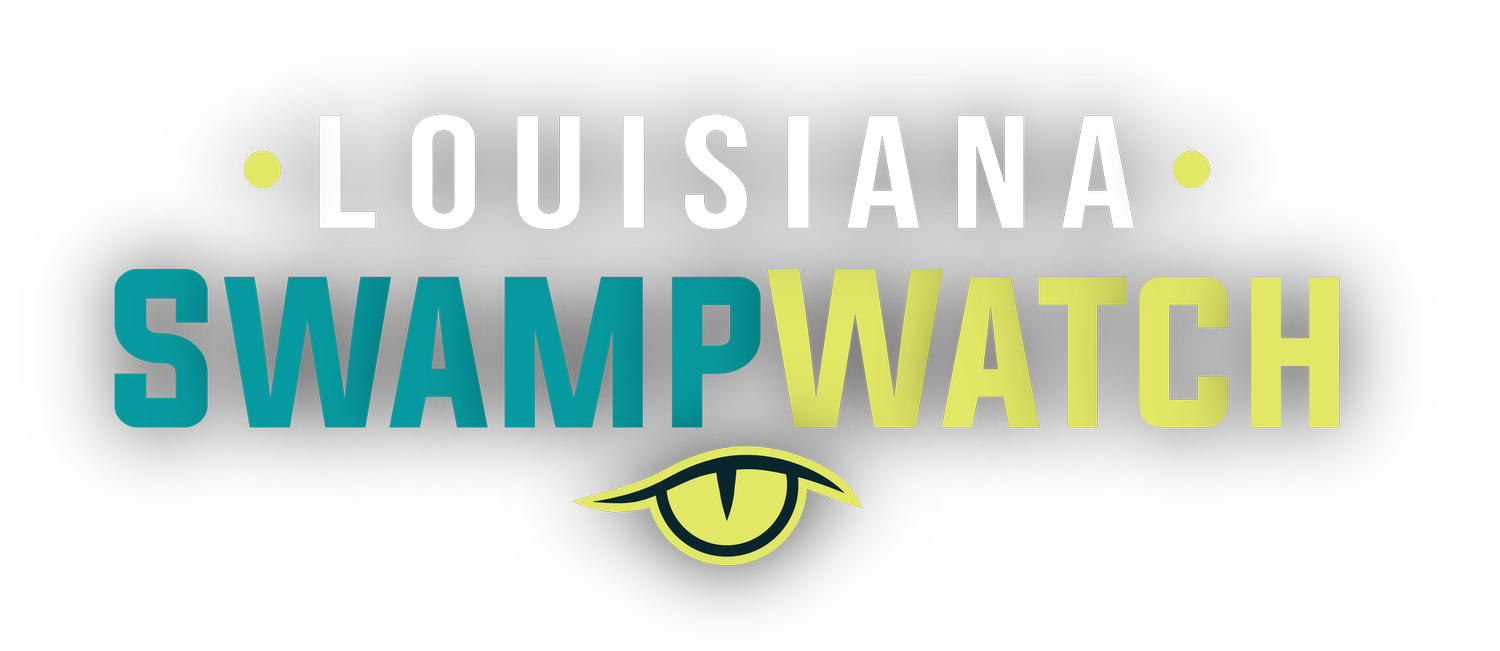Lessons from the 2023 Budget Fiasco— Blind budgeting doesn’t work
Lawmakers approved more than $51 billion in government spending in a flurry of chaotic votes that took place in the final moments of a two-month-long legislative session—but most of the members had absolutely no idea what they were voting on.
The final package of spending bills, nearly 500 pages written in secret by Senate President Paige Cortez, House Speaker Clay Schexnayder, and a handful of other legislative leaders, was given to lawmakers and released to the public less than 30 minutes before members were forced to vote—making it literally impossible for them to read and comprehend in time.
This irresponsible and corrupt practice comes right out of the liberal’s playbook, “How to Pass Massive Spending Bills in Washington.” Based on the size of our national debt, we should throw out that playbook and put a stop to blind voting on billion-dollar spending bills in Louisiana now.
State budget analysts testified in a Senate Finance Committee hearing last week that it took them 11 days to read thru all the spending bills and amendments to determine what lawmakers spent our $51 billion on.
If it takes CPAs and state budget experts over a week to analyze nearly 500 pages of spending bills, how could legislative leaders reasonably expect lawmakers to digest them in less than a half hour? The most likely answer is the simplest one—legislative leaders didn’t want them to have time to read the bills because if they knew what they were voting on, they wouldn’t have voted for it.
The fallout from the chaotic blind budget vote forced by President Cortez and Speaker Schexnayder in the final moments of the legislative session is serious and ongoing. Here are just a few of the surprises we’ve learned about so far:
Over $100 million for hundreds of pet projects-- special-interest funding provisions that receive no public vetting, which are inserted at the request of lawmakers behind closed doors. Some of the pet projects include funding for well-connected non-profits, local road repairs, park upgrades, and other community projects that are typically the responsibility of local governments and not designed to be funded by the state.
$140 million earmarked for the new Jimmie Davis bridge in Shreveport, which will serve more than 40,000 commuters a day, was hastily removed from the capital outlay budget leaving lawmakers and state transportation officials scrambling to find a solution.
Funding for Port NOLA expansion in St. Bernard Parish, which was cut from the budget at the last minute.
Legislative swamp leaders clearly abused their power this session by jamming lawmakers with massive spending bills at the eleventh hour—and we, the taxpayers, will be paying the consequences of it for a long time.
Louisiana voters should hold these swamp leaders accountable in the upcoming elections this fall. President Cortez is term-limited, so he will not be returning to the Legislature, but voters in his hometown of Lafayette Parish may continue to see his name on the ballot for local races. Meanwhile, Speaker Schexnayder will be on the ballot statewide this fall running for Secretary of State.
After the elections, lawmakers should make blind budget votes a major issue when they are deciding who they want to lead the House and Senate over the next term. Leadership matters—and the decision to elect the next President of the Senate and Speaker of the House will be one of the most critical votes they will cast in 2024.
As the new term begins, the legislature may also want to consider passing legislation that would require lawmakers to be given enough time to actually read and analyze bills before they are forced to vote on them.
Current House rules require that members be given a copy of the budget at least 48 hours prior to taking a vote. At a minimum, House leadership should be following the present rules. That didn’t happen this session under Speaker Schexnayder’s leadership.
More than that, it's clear that greater transparency and better budgeting procedures are needed overall. Louisiana taxpayers deserve an honest and open process—one that gives lawmakers and the public more time to analyze and digest budget proposals and adds public vetting procedures to the hundreds of pet projects that are requested by lawmakers every year.
The legislature should not have to vote on billion-dollar spending bills—or any bill—that it has not had an opportunity to read. It is a recipe for wasteful and reckless government spending, which is exactly what Louisiana taxpayers got this year instead of much-needed tax relief. Let’s work together to clean up the swamp and make sure this doesn’t happen again.
Note: This is the second article in a series highlighting the 2023 Louisiana Budget Spending Fiasco. To read more go here.

